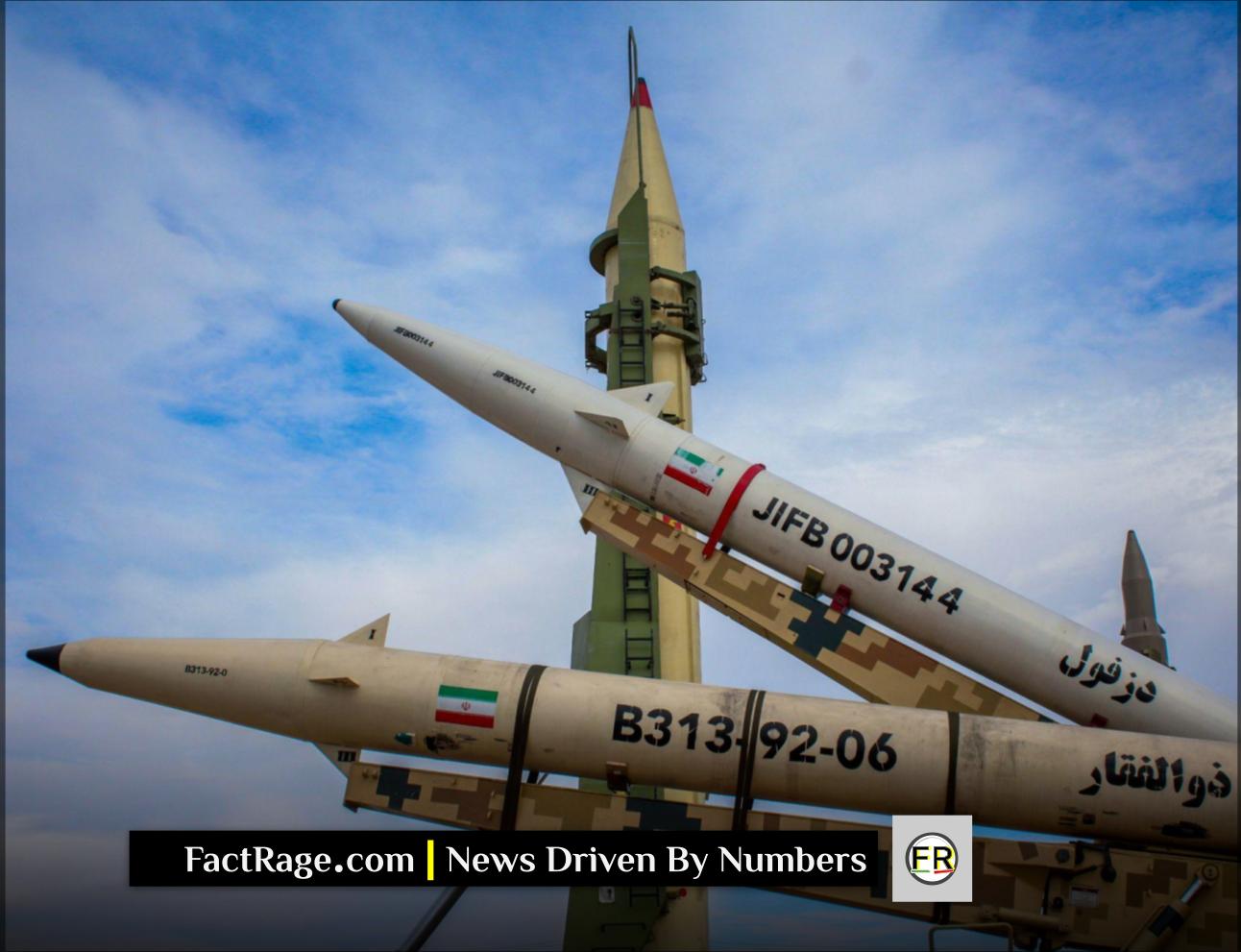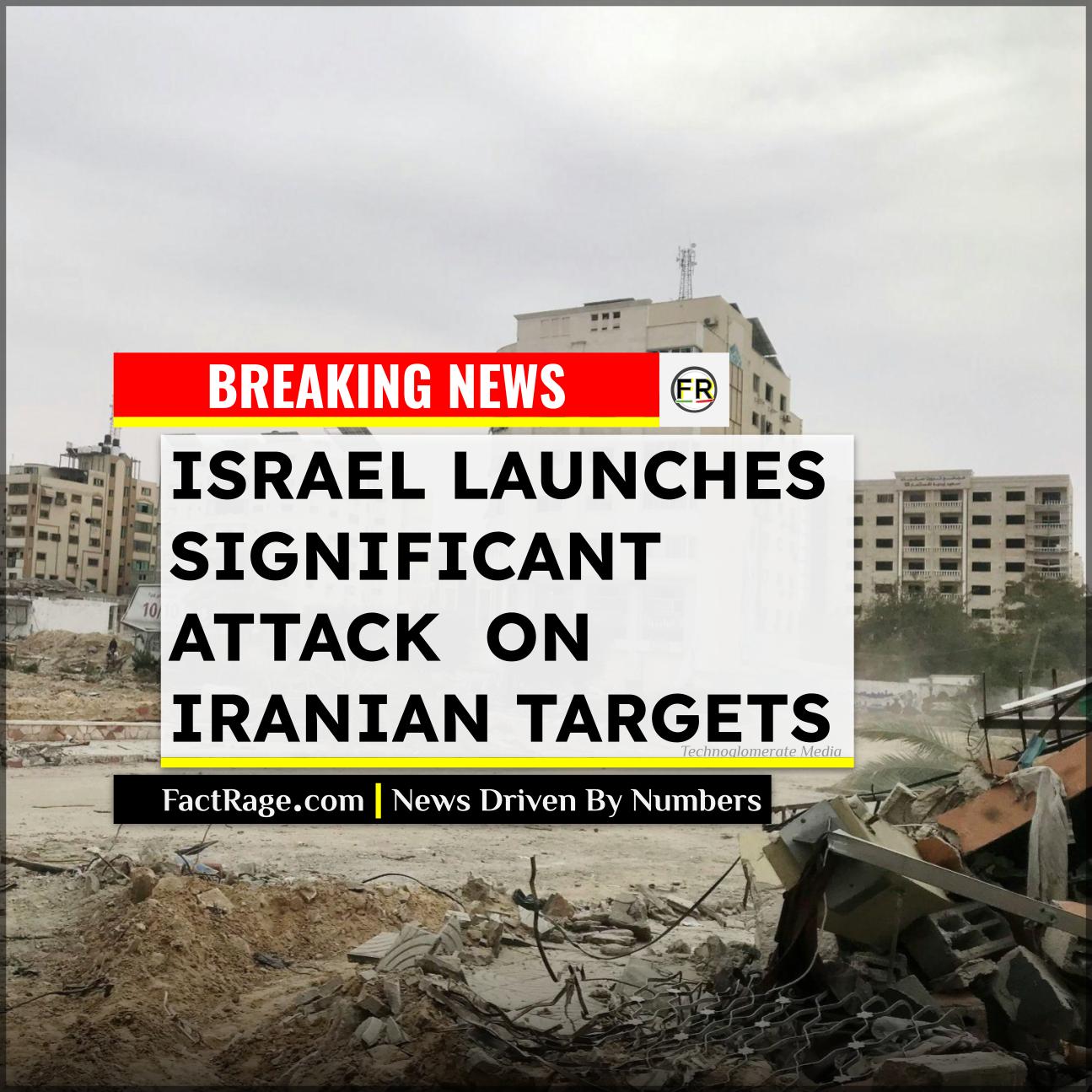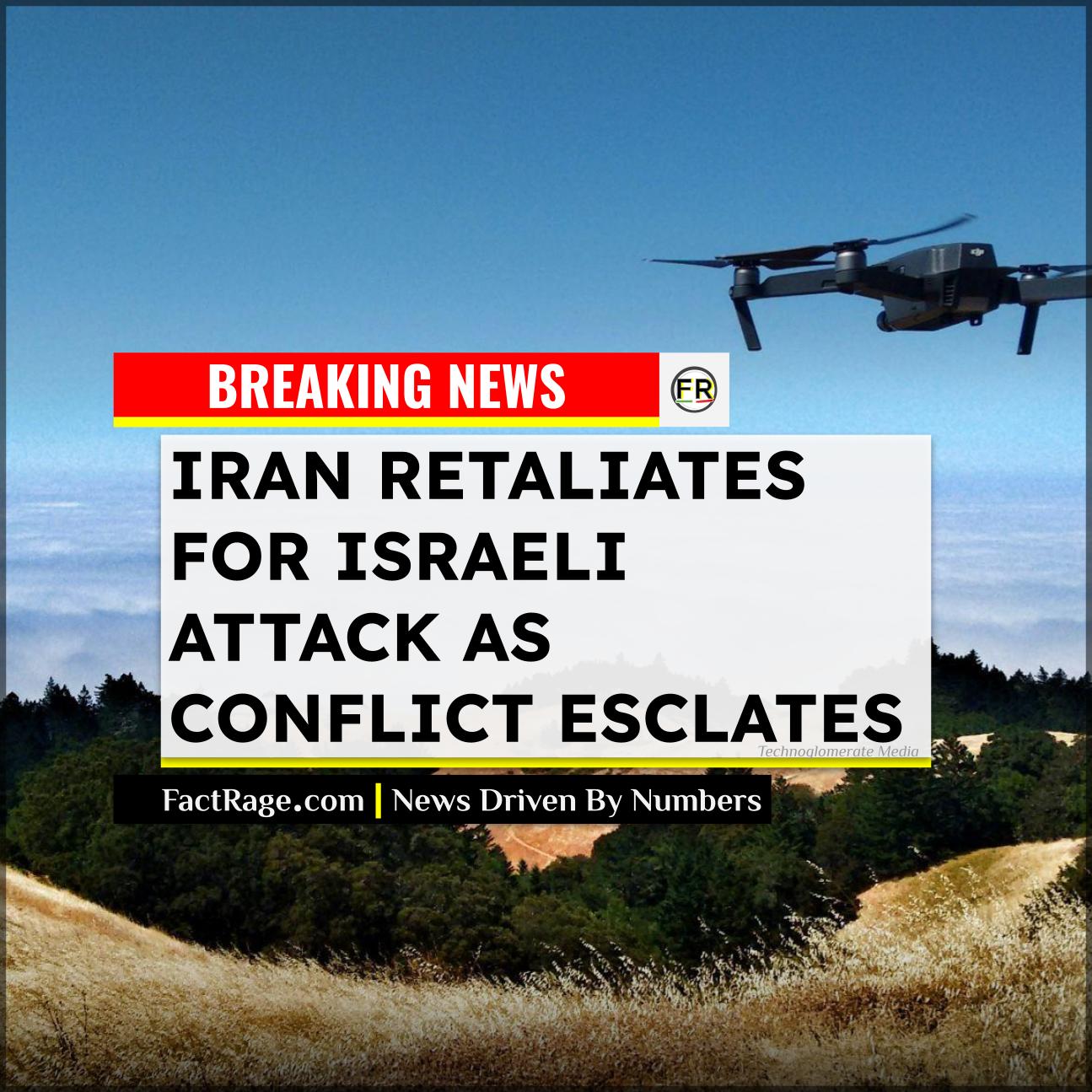Top Iranian Generals and Nuclear Scientists Killed in Widespread Israeli Airstrikes
TEHRAN, IRAN – Israel launched a significant wave of airstrikes across Iran early Friday, targeting critical nuclear facilities and killing top military commanders in a major escalation of the long-running shadow war between the two nations.
Key Facts
- High-Profile Casualties – The strikes killed several of Iran’s most senior military leaders, including Gen. Hossein Salami, the commander of the Islamic Revolutionary Guard Corps (IRGC), and Maj. Gen. Mohammad Bagheri, the chief of staff of the armed forces. A number of prominent nuclear scientists were also reported among the dead.
- Nuclear Sites Targeted – Israel confirmed it struck key sites in Iran’s nuclear program, including the main enrichment facility at Natanz. The International Atomic Energy Agency (IAEA) confirmed the Natanz site was hit but stated there was no increase in radiation levels.
- Immediate Retaliation – In response to the Israeli attacks, Iran launched approximately 100 drones toward Israel. The Israel Defense Forces (IDF) reported that it was intercepting the incoming drones.
The pre-dawn attacks represent one of the most direct and significant military confrontations between Israel and Iran to date, moving their conflict out of the shadows and into overt military action.
What Prompted the Israeli Operation?

Israeli Prime Minister Benjamin Netanyahu stated the operation, dubbed “Operation Rising Lion,” was a “targeted military operation to roll back the Iranian threat to Israel’s very survival.” He claimed that Iran had recently taken steps to “weaponize” its nuclear program and could produce a weapon in a “very short time.” The strikes followed a recent ruling by the IAEA board that Iran was in violation of its obligations under the nuclear non-proliferation treaty, citing its failure to cooperate fully with inspections and its accumulation of highly enriched uranium. Western intelligence assessments, however, have generally indicated that while Iran is stockpiling components, it has not yet decided to build a bomb.
Which Key Figures and Locations Were Hit?
The Israeli strikes were widespread, involving what Israel claimed were 200 fighter jets hitting over 100 targets. The attacks resulted in the deaths of some of Iran’s most powerful military figures. According to Iranian and Israeli reports, the dead include:
- Maj. Gen. Mohammad Bagheri: Chief of staff of Iran’s armed forces.
- Gen. Hossein Salami: Commander in chief of the Islamic Revolutionary Guards Corps (IRGC).
- Gen. Gholamali Rashid: Commander of the Khatam al-Anbiya joint forces headquarters.
- Gen. Amir Ali Hajizadeh: Commander of the IRGC’s air force and missile program.
In addition to the military commanders, Iranian state media reported that at least six nuclear scientists were killed, including Fereydoun Abbasi, a former head of Iran’s Atomic Energy Organization.
The physical targets included military installations and headquarters in the capital, Tehran, where explosions and burning buildings were reported. The primary nuclear target was the enrichment facility at Natanz, which was reportedly damaged. Other nuclear sites at Fordow, Isfahan, and Bushehr were not hit, according to the IAEA.
How Have Iran and the World Reacted?
Iran’s immediate military response was the launch of around 100 drones at Israel. The nation’s supreme leader, Ali Khamenei, threatened “severe punishment.” Iran’s foreign ministry labeled the Israeli operation “acts of aggression” and stated its armed forces would not “hesitate to defend Iran’s sovereignty.”
International reaction has been swift, with many world leaders calling for restraint. The United States said it was not involved in the strikes and that its priority was protecting American forces in the region. U.S. President Donald Trump, who withdrew the U.S. from the Iran nuclear deal in 2018, reacted to the strikes by urging Iran to make a new deal “before it is too late.”
Countries including the UK, France, China, and Saudi Arabia expressed concern and urged de-escalation to prevent a wider regional conflict. UN Secretary-General António Guterres asked both sides for “maximum restraint” to avoid a “descent into deeper conflict.” The attacks occurred just days before a new round of U.S.-Iranian talks aimed at finding a diplomatic solution was scheduled to take place in Oman.



